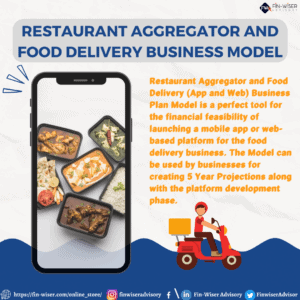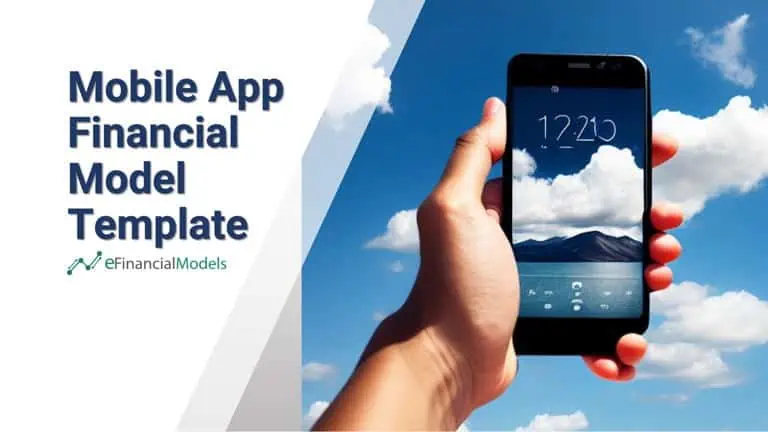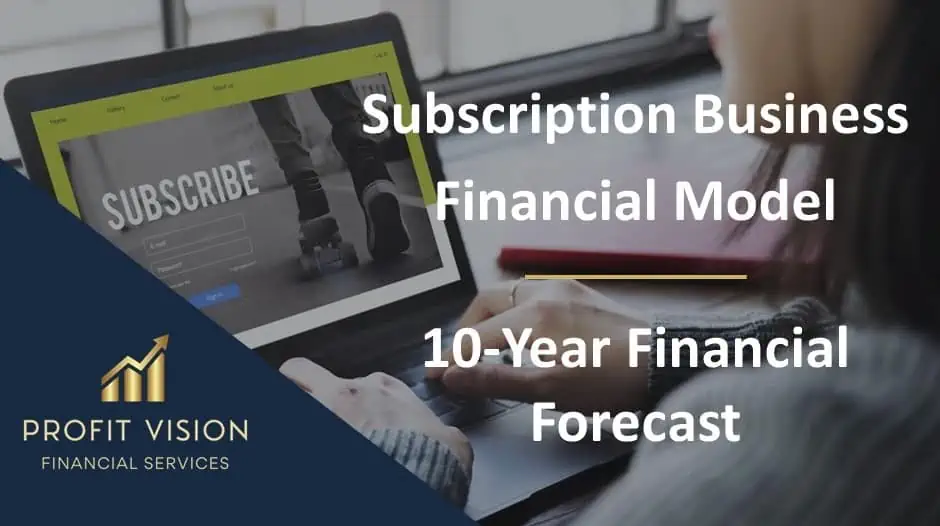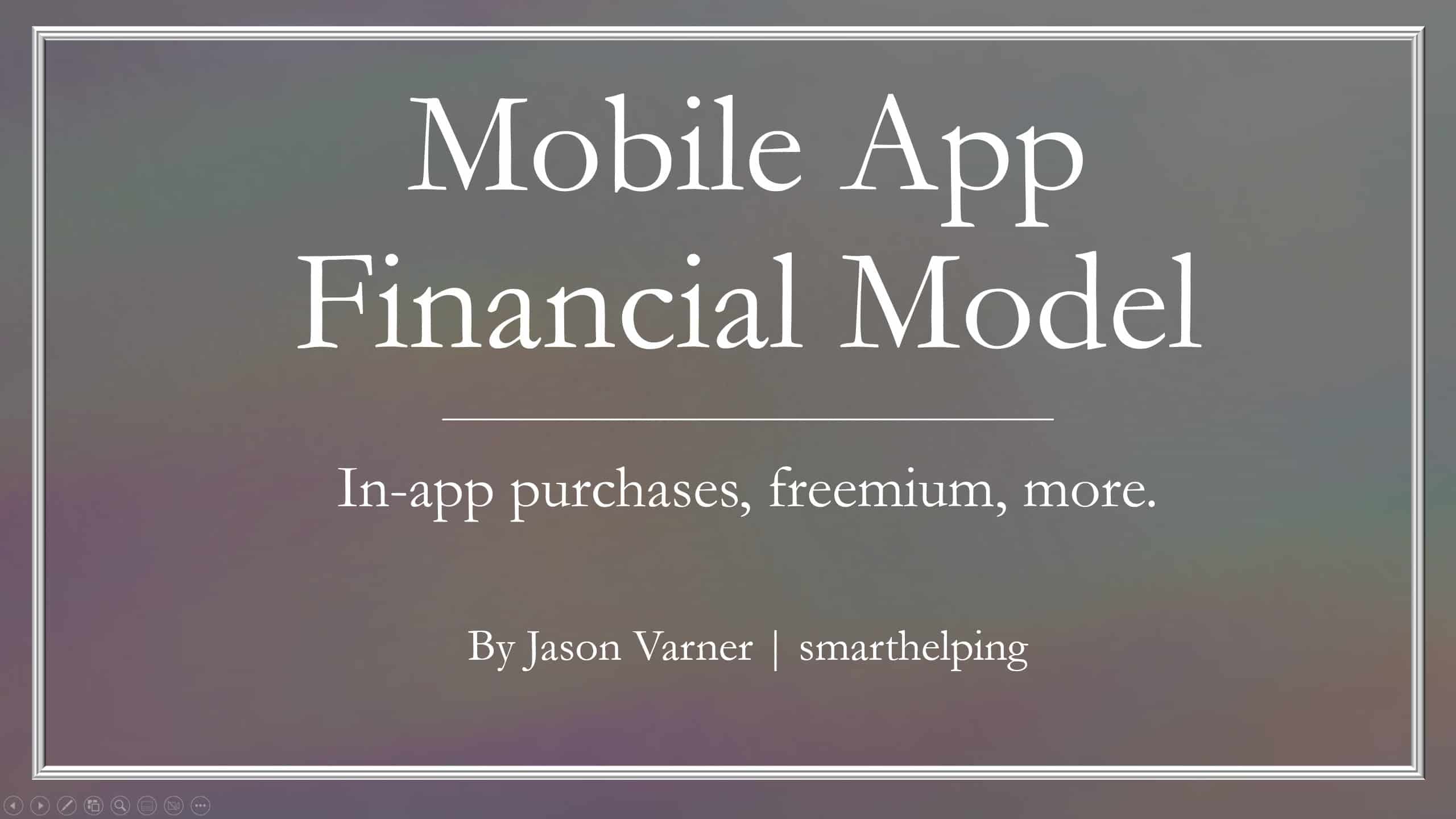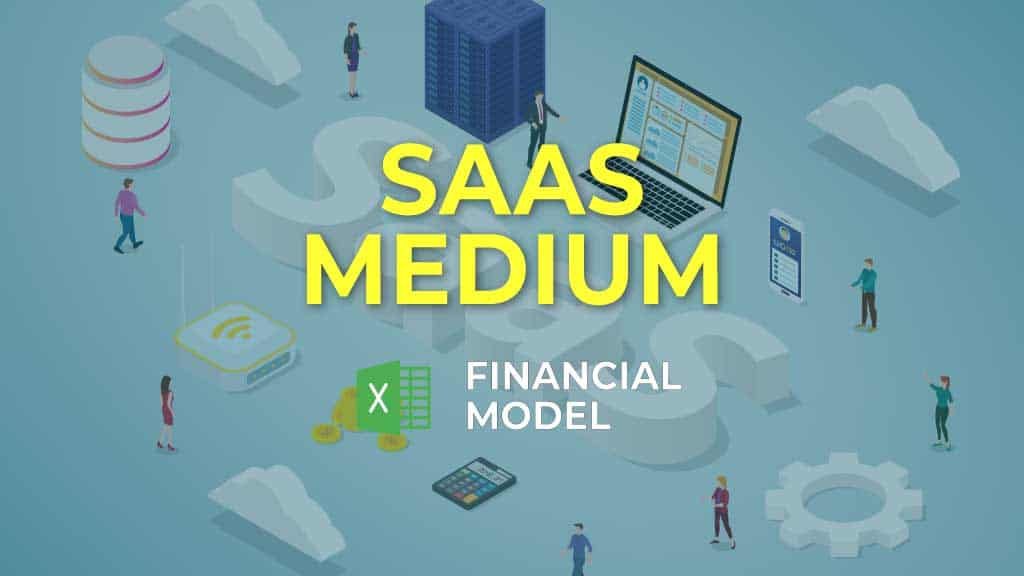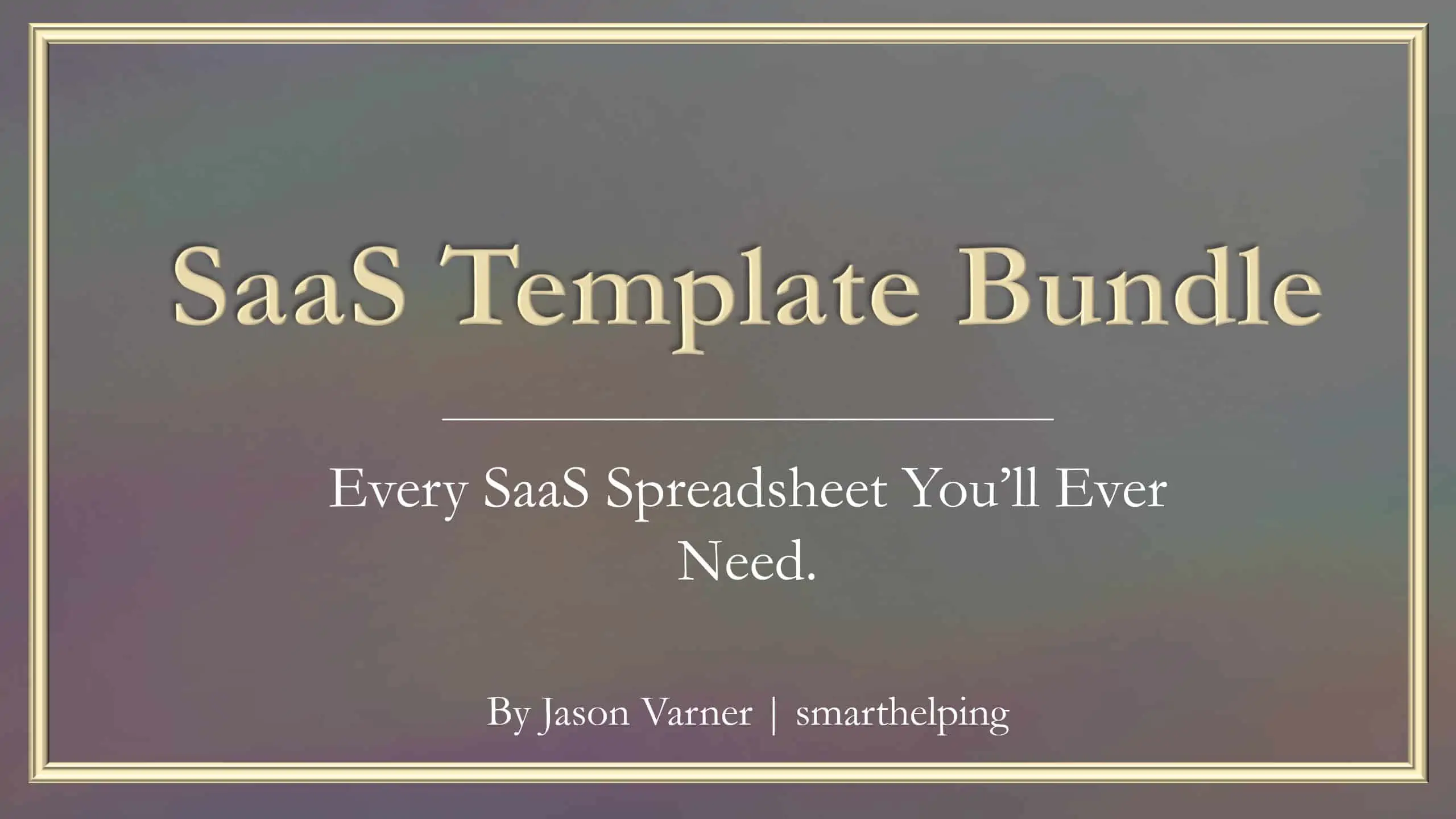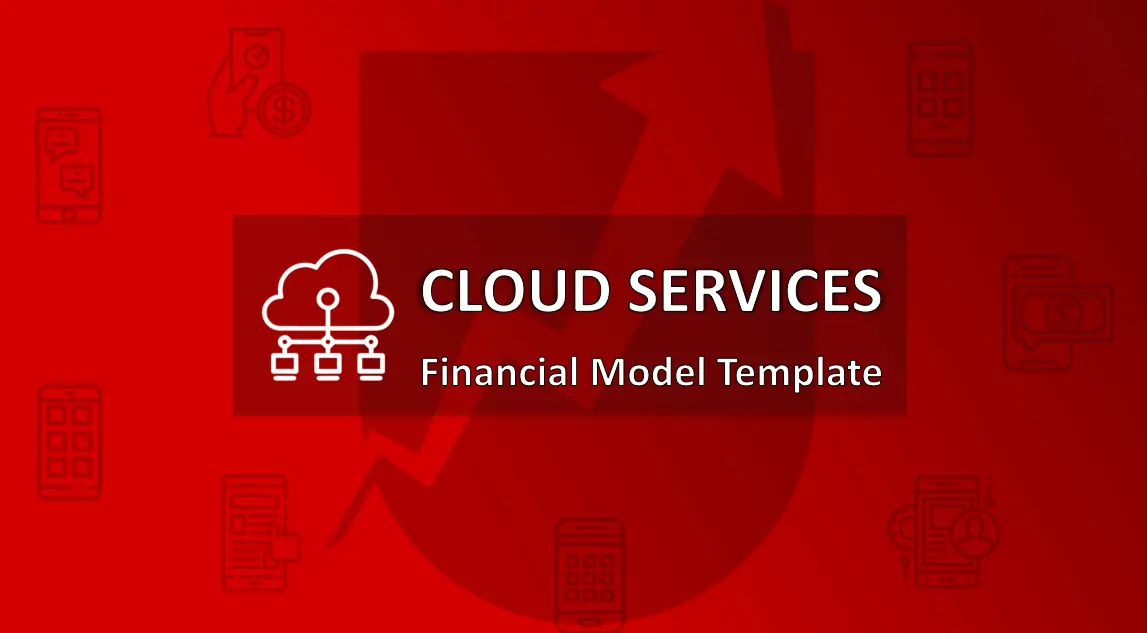Mobile Application (APP) – 3 Statement Financial Model with 5 years Monthly Projection
This Mobile App Business Plan Model is a perfect tool for conducting a financial feasibility study on launching a mobile application. The model can be used by the start-up to create 5 years’ projections along with the development phase.

This Mobile App Business Plan Model is a perfect tool for a financial feasibility study on launching a mobile application. The model can be used by the start-up to create 5 years’ projections along with the development phase.
The user can incorporate 3 scenarios into the model which can be updated on a click of a button to understand the impact of the ever-evolving business environment.
The Model includes assumptions related to:
1. Mobile App Development cost
2. Detailed user base calculations including Downloads, retained users, active users, and more up to 3 platforms.
3. Revenue source includes Downloads, Subscription, In-App Purchase, and Ad revenue. You can keep revenue assumptions from all the mentioned sources or can pick and choose the option which is the best fit for the business.
4. Operating costs are divided into 3 major heads i.e. commission paid to the platform, variable O&M Cost (further divided into 3 subheads) and Other Fixed Annual Costs (Up to 11 different cost heads)
5. Flexible Funding Profile – Cash equity, Bank Debt, and Bank overdraft
6. Working Capital Assumptions related to accounts receivables and payables
7. Straight Line Depreciation with the option to renew assets at the end of its useful economic life.
8. Annuity and Even Principal Repayment options
9. Inflation and Indexation
10. VAT during the construction and operations phase
11. Tax Assumptions including Tax holiday period
Model Output includes:
1. Project IRR & NPV
2. Equity IRR & NPV
3. Equity Payback Period
4. Cash Waterfall
5. Debt Service Profile
6. Integrated Financial Statements
7. Fully Integrated Dashboard
8. Exit Analysis
9. Break-Even Analysis
Technical Specifications:
1. The model doesn’t use Macros (VBA) and hence the impact of change in any assumption can be directly seen on the return.
2. The model is built using Microsoft Excel 2019 version for Windows. Please note, on certain Mac laptops or MS Excel prior to 2007, Excel with Macros can slow down your computer if your PC does not have enough processing power.
3. We advise not to delete or insert rows and columns into the model if you are not aware of the model structure as it can distort model functioning. If you need assistance with customizing the model template, the author is more than willing to help you. Simply contact us via our customer financial modeling page and send your model template as well as specifications. We will then get back to you with a quotation for the customization service (billable hours & completion date).
4. The model uses Cell Styles
Why Fin-wiser’ Financial Model Template:
1. Our model is built on a monthly timeline which provides more detailed data for Analysis
2. The model is divided into two phases i.e. Development and Operations
3. All revenue and cost assumptions can be input into 3 scenarios. This helps the user to assess the impact of multiple business scenarios in one model. This can be operated simply on a click of a button.
4. The debt repayment has been profiled with 2 scenarios i.e. Annuity payment and Even Principal Payment repayment. You can change the scenario on a click of a button and assess the impact on IRR.
5. The model is built with Financial Modeling Best Practice and has clearly defined input, calculations, output cells, and tabs to help even a rookie excel user to operate the model efficiently.
6. Our Models are thoroughly reviewed, and Quality checked for Arithmetic and Logical flow
Similar Products
Other customers were also interested in...
Restaurant Aggregator and Food Delivery Business F...
Restaurant Aggregator and Food Deliver Business Plan Model is a perfect tool for a financial feasibi... Read more
Financial Model for Mobile App | Mobile App Busine...
The Mobile App Financial Plan Template in Excel allows you to develop financial projections when lau... Read more
Online Payments Platform – 5 Year Financial Mode...
Financial Model providing an advanced 5-year financial plan for a startup Online Payments Platform p... Read more
Subscription Business – 10 Year Financial Model
Financial Model providing a 10-year financial plan for a startup or operating Subscription Business.... Read more
Website / App Financial Model (Recurring Revenue S...
A great tool to model out any recurring revenue service that acquires users through a website or app... Read more
General Mobile App – Economic Feasibility
If you or your organization is looking to launch a mobile app or any service that has an 'in-app' or... Read more
Monthly Recurring Revenue SaaS Financial Model Exc...
Check Monthly Recurring Revenue SaaS Financial Model. This well-tested, robust, and powerful templat... Read more
Buy Now Pay Later (BNPL) Platform – 5 Year F...
Financial Model presenting an advanced 5-year financial plan for a startup BNPL Platform which provi... Read more
SaaS Financial Model Bundle
This is a bundle of Financial Model Templates for SaaS businesses and their related sectors such as ... Read more
Cloud Services Financial Model Excel Template (Ful...
The UPtick Cloud Services Template is a simple yet robust financial model that allows you to make in... Read more
You must log in to submit a review.
















